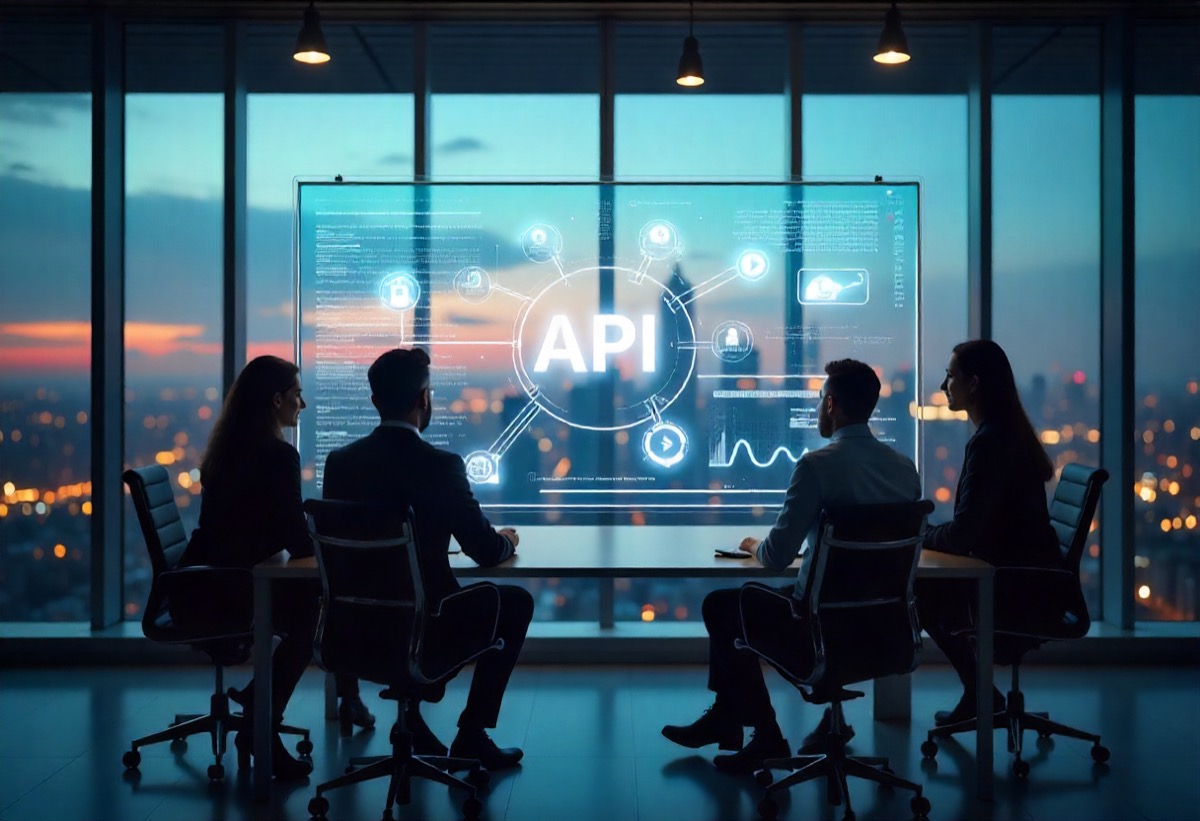In today’s interconnected world, data isn’t just valuable – it’s essential. From AI models that learn patterns in user behavior to cybersecurity systems that detect emerging threats, access to high-quality, structured information fuels nearly every modern innovation. But behind the scenes of these powerful systems lies a crucial enabler: APIs.
Application Programming Interfaces – or APIs – act as the digital handshake between systems, allowing them to communicate, share, and build on one another’s data. Whether you’re integrating payment gateways, connecting machine learning platforms, or building a new web service, APIs serve as the backbone of digital collaboration. Yet, one area where they’ve become especially transformative is data extraction – the process of gathering information from the web in structured, usable formats.
APIs and the Evolution of Data Gathering
In the early days of the internet, collecting information from websites was a tedious, manual process. Analysts and developers had to copy and paste content or write complex scripts to extract data. This not only took time but also introduced inconsistencies and risks of error. As the web evolved, so did the need for automated and ethical data collection methods.
That’s where scraping APIs entered the picture. They automate the process of fetching publicly available data, making it faster, cleaner, and more reliable. For instance, companies in sectors like e-commerce, finance, and media rely on data collection to monitor trends, compare competitors, or identify opportunities in real time. With the right API, they can do all of this seamlessly.
One of the most powerful examples is the google scraping api, for example ScrapingBee, which provides developers and analysts with a structured way to retrieve search engine data for insights, analytics, and optimization strategies. Instead of manually gathering search results or relying on limited keyword tools, professionals can use such APIs to collect precise, real-time information – enabling smarter decisions and more agile digital strategies.
Data Access Meets Artificial Intelligence
The synergy between APIs and AI is changing how we interact with information altogether. Artificial intelligence thrives on data – the more diverse, accurate, and timely it is, the better AI models perform. APIs, in this sense, act as pipelines feeding machine learning algorithms with high-quality input.
Consider natural language processing systems or recommendation engines. These rely on vast, constantly updated datasets. Using tools like the google scraping api, developers can feed these systems real-world search trends, user intent data, and market signals that help refine algorithms over time. The result? More context-aware, predictive, and human-like digital systems.
In AI research, this kind of dynamic data access has become a competitive edge. Models that can tap into fresh information through well-structured APIs stay relevant longer and provide more reliable insights – a crucial factor in fast-moving industries like cybersecurity or mobile tech.
The Cybersecurity Perspective
While data collection brings enormous potential, it also raises critical questions about security, privacy, and ethics. Cybersecurity experts emphasize that APIs – like any other software interface – must be carefully managed. Improperly secured APIs can expose sensitive data or become entry points for attacks.
In recent years, we’ve seen high-profile breaches where misconfigured APIs led to unauthorized access. To prevent this, organizations are adopting robust encryption, authentication mechanisms, and continuous monitoring. The principle is simple: APIs should provide access only where it’s needed, and only in secure, compliant ways.
Moreover, data scraping – even when automated – must respect terms of service and privacy regulations. Responsible use of technologies such as the google scraping api ensures that developers only gather publicly accessible information and handle it in accordance with local data protection laws. As the digital landscape becomes more complex, ethical data practices are no longer optional – they’re a strategic necessity.
Web and Mobile Innovation Through APIs
Beyond AI and security, APIs are redefining the web and mobile experience. They power everything from weather widgets and voice assistants to mobile payment systems and smart home integrations. The beauty of APIs lies in their scalability – once an interface is created, countless applications can build on it, expanding functionality across ecosystems.
In mobile development, APIs allow apps to deliver seamless, connected experiences. A travel app, for example, can integrate data from airlines, hotels, and weather services through APIs to provide users with personalized, real-time updates. On the web, APIs underpin interactive content, dynamic news feeds, and cross-platform services that make digital life more fluid and intuitive.
Looking Ahead: The API-Driven Future
As data becomes the currency of innovation, APIs will only grow more central to digital transformation. Businesses, developers, and researchers are realizing that competitive advantage doesn’t come from hoarding information but from connecting it – securely, intelligently, and efficiently.
The next frontier will likely see APIs becoming even more adaptive. With the rise of AI-generated code and self-healing systems, APIs could soon configure themselves based on context, optimizing performance on the fly. Meanwhile, enhanced encryption standards and regulatory frameworks will continue shaping how data is accessed and shared responsibly.
Ultimately, the future belongs to those who understand how to bridge the gap between data and decision-making – and APIs are the bridge. Whether it’s empowering AI models, fortifying cybersecurity systems, or fueling next-generation web and mobile applications, APIs are the unseen infrastructure of digital progress.
In the ever-evolving landscape of technology, data remains the story. And APIs are the language in which that story is told.


